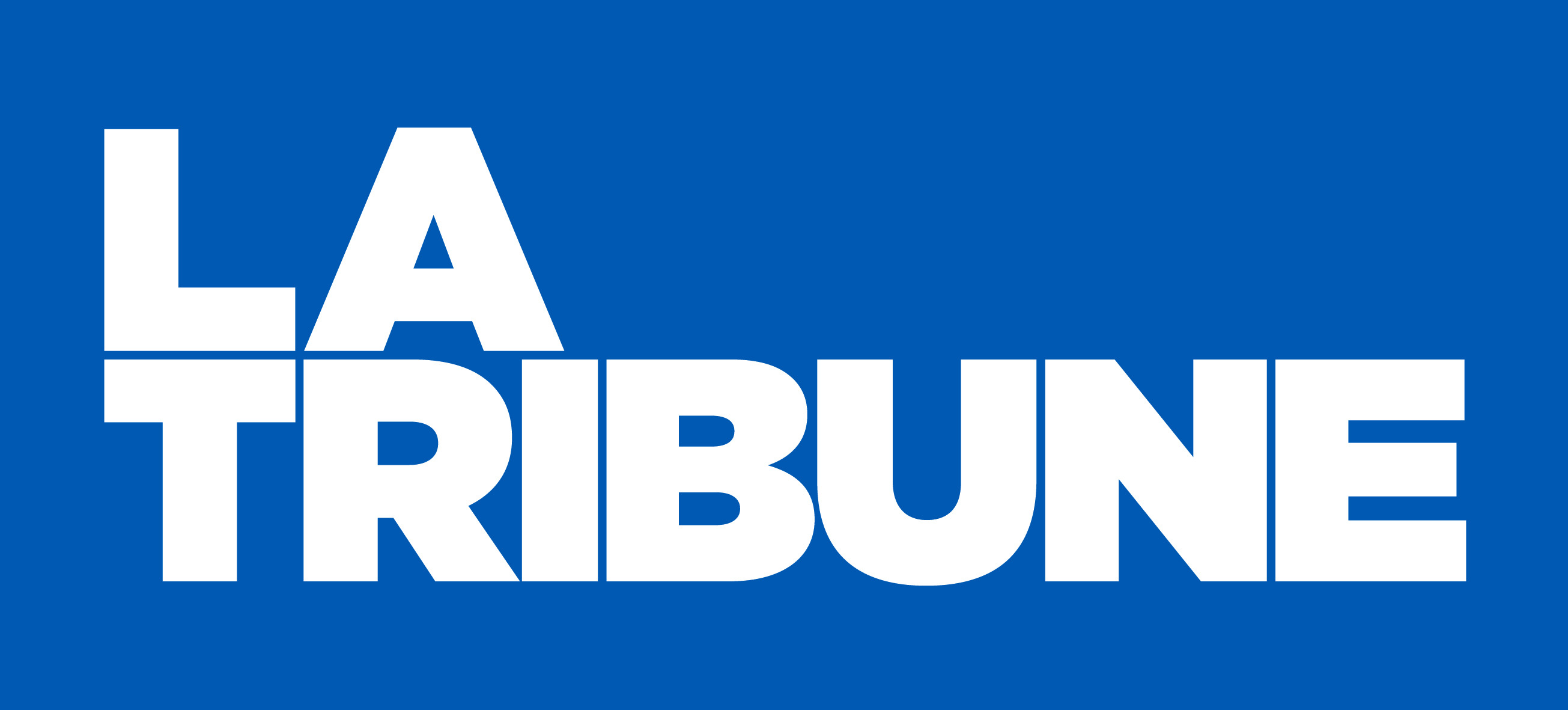

China’s growth declines, stock markets fall: what consequences should we be worried about?
All the European stock exchanges declined on Monday, as concerned investors looked with pessimism at China’s slowing growth. Paris lost 5.35 %. Claude Meyer discusses what consequences can be expected.


Shanghai’s stock market woes hit European financial centers
Claude Meyer answers Jean-Baptiste Boursier’s questions in “le Grand Angle” on BFMTV.


The economic consequences of Tianjin’s explosions
Five days after Tianjin’s impressive explosions, Toyota announced a three-day stop in the production of its city’s sites. The Japanese company is far from being the only one concerned.
The region, also known as Beijing’s maritime gateway, is one of the most dynamic in the country. No less than 540 million tones of merchandise transit through its harbor every year, making it the fourth biggest in the world.
“Tianjin is one of the spearheads of the Chinese economy”, summarizes Claude Meyer. “This catastrophe concerns about 300 multinationals among the world’s most important ones”. What will be the impact of these explosions on the Chinese economy?


"The Yuan isn’t ready to replace the Dollar"
China’s ambition is to become a great financial power. But the necessary reform of its financial system and its will to act progressively could mean that it will be a long time before its exchange rate system is liberalized. Can the Yuan realistically become an international currency?


Devaluation of the Yuan: Claude Meyer answers Yves Bourdillon
Is the sudden devaluation of the Yuan a sign of some form of panic from Beijing following the slowed growth of the Chinese economy?
Does this decision create deflationary risks for the global economy?
What prospects for the Yuan’s international status?


Understanding China’s Financial Expansion
In this interview, Claude Meyer underlines the three major vulnerabilities of the Chinese economy, and describes the investments China has made since the early 2000’s to address them.
Thinking and Anticipating the Socio-Economic Impacts of the Humanitarian Response in the Central African Republic
Nowadays, the Central African Republic (CAR) is a country dependent on international aid.
Morocco’s Growth Strategy in an Evolving International Environment
Morocco’s GDP growth has increased over the past three decades, mainly as a direct consequence of the expansion of domestic demand, triggered by an increase in both government-initiated public investment and minimum wage.

Russia's diplomacy is more active than it was ten years ago
Since December 2011 there is a real convergence between the perception of President Vladimir Putin and the perception of Russia, especially, in the Western media.
That leads to several comments. The first is the feeling that there is now a new, much more concentrated power in the Kremlin, and that to some extent leads to the question about the very difficult challenge for Russia to build balanced institutions. And there is the perception that, on this particular point, Russia has not made progress. And this is the main area of concern as seen from outside.

Is the Japanese Economy a Looking-Glass on Our Future?
Supposedly bogged down by a drawn-out crisis, Japan currently produces as much as China.
Support independent French research
Ifri, a foundation recognized as being of public utility, relies largely on private donors – companies and individuals – to guarantee its sustainability and intellectual independence. Through their funding, donors help maintain the Institute's position among the world's leading think tanks. By benefiting from an internationally recognized network and expertise, donors refine their understanding of geopolitical risk and its consequences on global politics and the economy. In 2024, Ifri will support more than 70 French and foreign companies and organizations.







